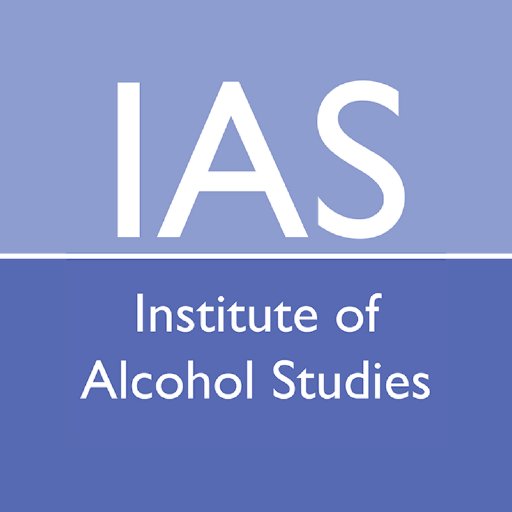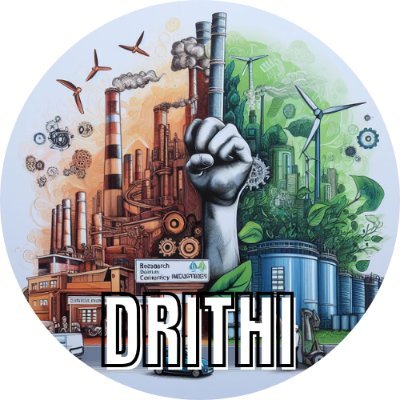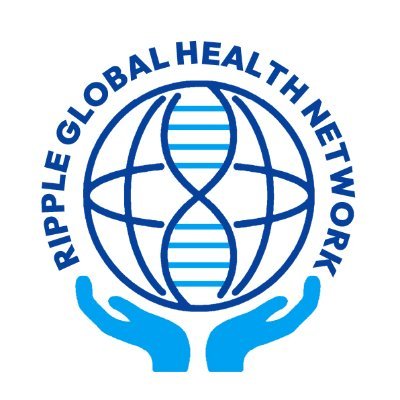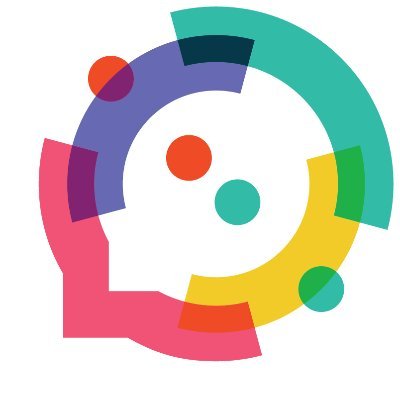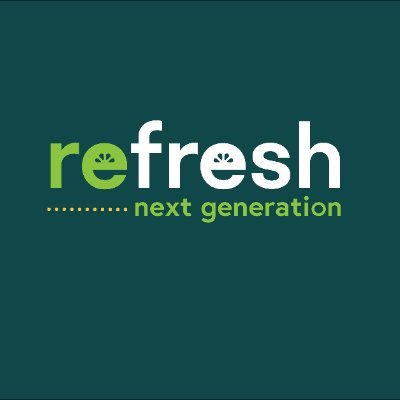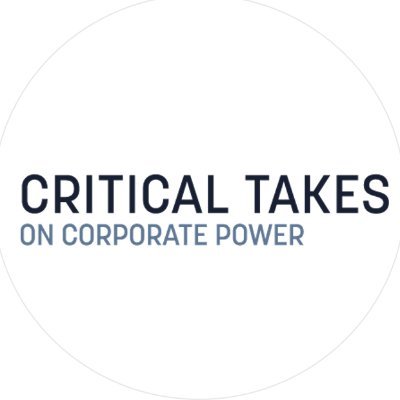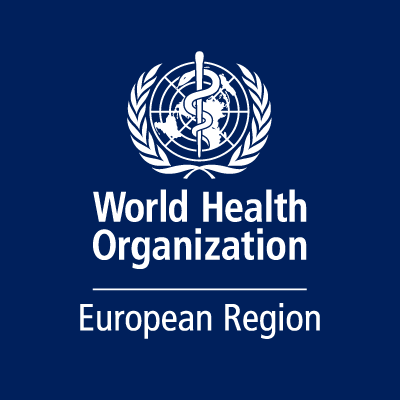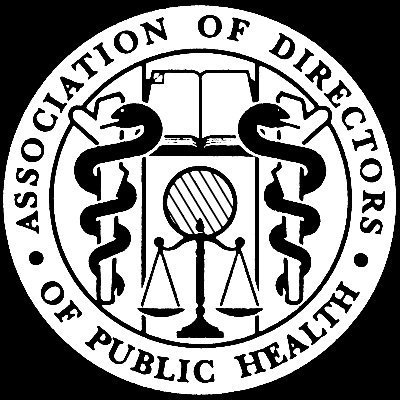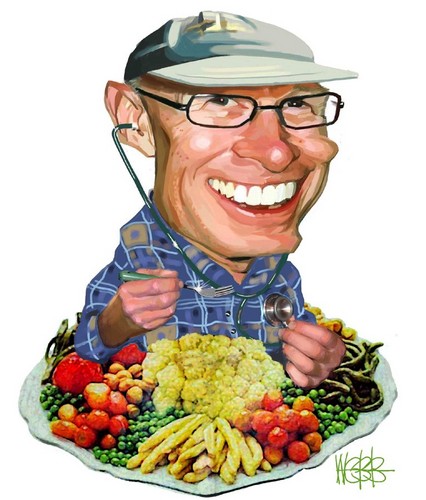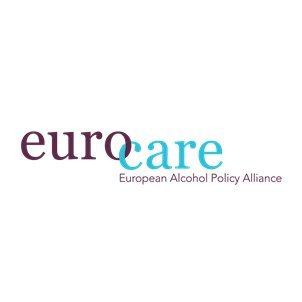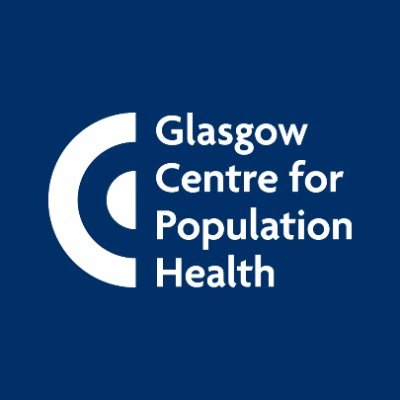
Commercial Determinants Research Group at LSHTM
@CDRG_LSHTM
The CDRG at @LSHTM conducts research on the effects of unhealthy commodities, and on strategies used by manufacturers to affect science and discourse #CDOH
你可能會喜歡
👇🆕#CDOH📕 with input from @CDRG_LSHTM members @spidermaani @petticrewmark @maizie333 @CecileKnai and many others available now for pre-order below. @mikakosinska @OHID @SocSocMed @SPECTRUMRes
🚨 Our new book "The Commercial Determinants of Health" is now available for pre-order from @OUPAcademic! V grateful to co-editors @petticrewmark @sandrogalea for their partnership on this project. #CDOH global.oup.com/academic/produ…
Corporate profit is being prioritised over public health. Discover how corporate power is driving public health crises in the upcoming documentary, Unmasking Influence. #CDOH #CorporatePower
Much more action is needed to counter harmful industry influence of children, young people & schools. Thank you @Emmajourno for drawing attention to this issue in relation to food industry influence in UK schools in the @bmj_latest & for involving me bmj.com/content/387/bm…
New @CDRG_LSHTM paper! Umbrella review led by Alice Tompson with @petticrewmark @maizie333 @ghartwell @m_alkasaby Kate Dun-Campbell, @spidermaani @KatherineKorner on population-level interventions to address #CDoH WRT mental health in @HealthPromInt #CDoH: academic.oup.com/heapro/article…
academic.oup.com
Addressing the commercial determinants of mental health: an umbrella review of population-level...
Abstract. There is increasing evidence that commercial determinants impact mental health. Addressing the commercial determinants may therefore be a way of
A powerful story can increase understanding of the role of the wider determinants of health, and support for action to address them. Check out our latest top tips, produced with Frameworks UK, on how we communicate about the building blocks of health ⬇️ health.org.uk/publications/h…

Professor Anna Gilmore will be delivering an Innovations in Tobacco Control Lecture for @IGTC_Hopkins next Wednesday, 6 November titled “Assessing Progress in Tobacco Control: Time to Learn Lessons from the Commercial Determinants of Health?”. 📅Register: jh.zoom.us/webinar/regist…

"If you are in desperate need of protecting your hen house, should a whole of society approach mean you need to involve foxes?" Excellent blog here on the "inherent contradiction between the interests of alcohol producers and public health” #BigAlcoholBigProblem
"Partnerships with alcohol industry bodies, including those in receipt of its funding, should be rejected by governments." @spidermaani @petticrewmark & @maizie333 look at the Public Health England, Drinkaware, and Portman Group collaboration on the... ias.org.uk/2024/10/29/fol…
In a review of apps marketed at helping people manage their drinking and health, @LSHTM found evidence of “blatant misinformation” that could persuade people to actually drink more. This includes Drinkaware's MyDrinkaware app 🚫 independent.co.uk/news/health/dr…
Research by @LSHTM looked at the accuracy of information on 15 digital tools and apps created by alcohol-industry backed organisations in the UK and other countries, and found that many contain “blatant misinformation” and could push people to drink more. independent.co.uk/news/health/dr…
11/12 Given their potential for direct harm and for displacing reliable sources, the public should be explicitly warned to avoid tools from industry-funded organisations like Drinkaware, Drinkwise, Cheers and Educ’alcool Paper: academic.oup.com/heapro/article…
academic.oup.com
Dark patterns, dark nudges, sludge and misinformation: alcohol industry apps and digital tools
Abstract. Many alcohol-industry-funded (AIF) organizations disseminate eHealth/mHealth tools that claim to assist users in making health decisions by monit
10/12 Industry actors use digital behaviour change tools to appear to be ‘doing good’, while bypassing legitimate independent sources to promote industry narratives, spread health misinformation and nudge towards increasing consumption.
9/12 "Promotional" Dark Apps actively push industry narratives that encourage consumption, like the idea of “responsible drinking.” "Deficient" Dark Apps are poorly designed and lack evidence-based behaviour change techniques, rendering them ineffective in supporting users.
8/12 We introduce the term "Dark Apps" to describe apps that use dark nudges and sludge to manipulate users into behaviours that benefit commercial interests rather than their health goals. We identified two categories:
7/12 Or Drinkaware's calculator failing to recognise daily binge drinking (8 units = blue) as long as one day is higher (Saturday red bar = 9 units). Why are the UK guidelines displayed below the fold, in tiny text that is half the size of my cheeseburger calculation?

6/12 What sort of thing did we look for? One example is dissonant graphics that fail to provide users with advice - like this graph from Cheers! with green-for-go bars labelled 'Feeling the buzz' - with no warning the user is drinking above NZ's daily (2SD) and binge (6SD) limits

5/12 Many industry apps employed 'dark patterns' - features which can manipulate and influence consumers against consumers' interests. Some apps encouraged alcohol consumption through social norming and priming 'nudges'.
4/12 Misinformation strategies were found in 93% of industry apps vs. 0% independent apps. Industry apps were significantly less likely to inform users on national guidelines and the risk of cancer and cardiovascular disease.
3/12 We found industry-backed tools frequently employed misinformation and manipulative design tactics known as 'dark patterns'. These make it difficult for users to accurately assess their alcohol consumption and make informed decisions about their health.
2/12 We (@petticrewmark @CMulrenan @KatherineKorner) evaluated the information accuracy and framing, behaviour change techniques, and function of 15 industry-backed tools from UK, Ireland, USA, Canada, New Zealand, Australia. We compared these to 10 independent digital tools.
🧵1/12 Many alcohol-industry-funded organisations disseminate digital tools (e.g Apps, websites) claiming to help users monitor alcohol consumption. The accuracy & functionality of tools from organisations like Drinkaware, Drinkwise, Drinkaware Ireland, Educ’ Alcool was unknown.
United States 趨勢
- 1. Chiefs 105K posts
- 2. Branch 31.5K posts
- 3. Mahomes 32K posts
- 4. #TNABoundForGlory 52.7K posts
- 5. #LoveCabin 1,035 posts
- 6. LaPorta 10.3K posts
- 7. Goff 13.5K posts
- 8. Bryce Miller 4,349 posts
- 9. #LaGranjaVIP 58K posts
- 10. Kelce 16.1K posts
- 11. Dan Campbell 3,671 posts
- 12. #OnePride 6,337 posts
- 13. Rod Wave 1,028 posts
- 14. #DETvsKC 4,900 posts
- 15. Butker 8,415 posts
- 16. Mariners 48.6K posts
- 17. Pacheco 4,907 posts
- 18. JuJu Smith 3,964 posts
- 19. Red Cross 28.2K posts
- 20. Baker 54.1K posts
你可能會喜歡
-
 Nason Maani
Nason Maani
@spidermaani -
 Center on Commercial Determinants of Health (CCDH)
Center on Commercial Determinants of Health (CCDH)
@CCDH_GWSPH -
 Mark Petticrew @markpetticrew.bsky.social
Mark Petticrew @markpetticrew.bsky.social
@petticrewmark -
 Political Determinants of Health Collective
Political Determinants of Health Collective
@Collective_hlth -
 Katherine Cullerton (moving to BlueSky)
Katherine Cullerton (moving to BlueSky)
@K_Cullerton -
 Monika Kosinska
Monika Kosinska
@mikakosinska -
 Martin White (moving to BlueSky...) 💙🇪🇺🇺🇦
Martin White (moving to BlueSky...) 💙🇪🇺🇺🇦
@martinwhite33 -
 Colin Shevills
Colin Shevills
@cshevills
Something went wrong.
Something went wrong.













